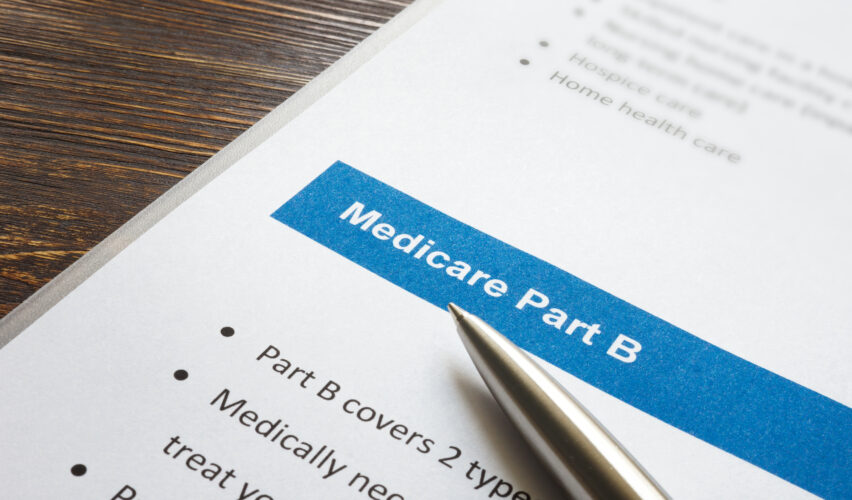As with all aspects of planning your retirement, there’s no one-size-fits-all answer to the question: should I enroll in Medicare Part B when I’m eligible at age 65 if I’m covered under FEHB? Since most federal workers have Medicare taxes deducted from their paychecks, Medicare Part A (inpatient hospital care) is premium free.
That’s why the OPM advises both active and retired employees to sign up for Part A when they become eligible. However, when you enroll in Medicare Part B (outpatient care) you will have to a pay a monthly premium. Is it worth having to pay two premiums if you continue FEHB into retirement? Here’s a quick look at the pros and cons.
Coordination of FEHB & Medicare Coverage
When you retire, Medicare Parts A and B become your primary insurance and FEHB becomes your secondary insurance, much like a Medigap plan. One big advantage to having both is the coordination of benefits. This can help decrease your out-of-pocket costs if your FEHB plan waives its copayments and deductibles for services covered by Medicare Part B.
Then again, some FEHB plans will not waive any costs if Medicare is your primary insurance. To find out if your FEHB Plan coordinates with Medicare, read Section 9 of your plan brochure. If not, consider switching to a FEHB plan that does.
“Since some services covered by Medicare Part B are not covered (or only partially covered) by your FEHB plan, having both plans in retirement may provide more coverage.”
Better Access To Providers With Medicare Part B
If you’re enrolled in a FEHB plan that doesn’t have out-of-network provider benefits, Medicare Part B gives you access to more providers. You can go outside of your network for Part B services and receive reimbursement by Medicare because Medicare is your primary insurance. Since some services covered by Medicare Part B are not covered (or only partially covered) by your FEHB plan, having both plans in retirement may provide more coverage.
The Big Drawback: Medicare Part B Premiums
Medicare Part B Premiums tend to increase from year to year. In fact, in 2022 the premium for most beneficiaries jumped to $170.10 due to a highly expensive treatment for Alzheimer’s disease. Though the Part B premium was adjusted to $164.90 in 2023, it goes to show your cost can change from year to year.
Add to this, if your income as a married couple exceeds yearly threshold tiers set by Social Security, you’ll have to pay a surcharge in addition to your Part B Premium. If your FEHB plan has relatively low out-of-pocket costs for doctor visits, paying an extra premium for Medicare Part B may not make sense.














